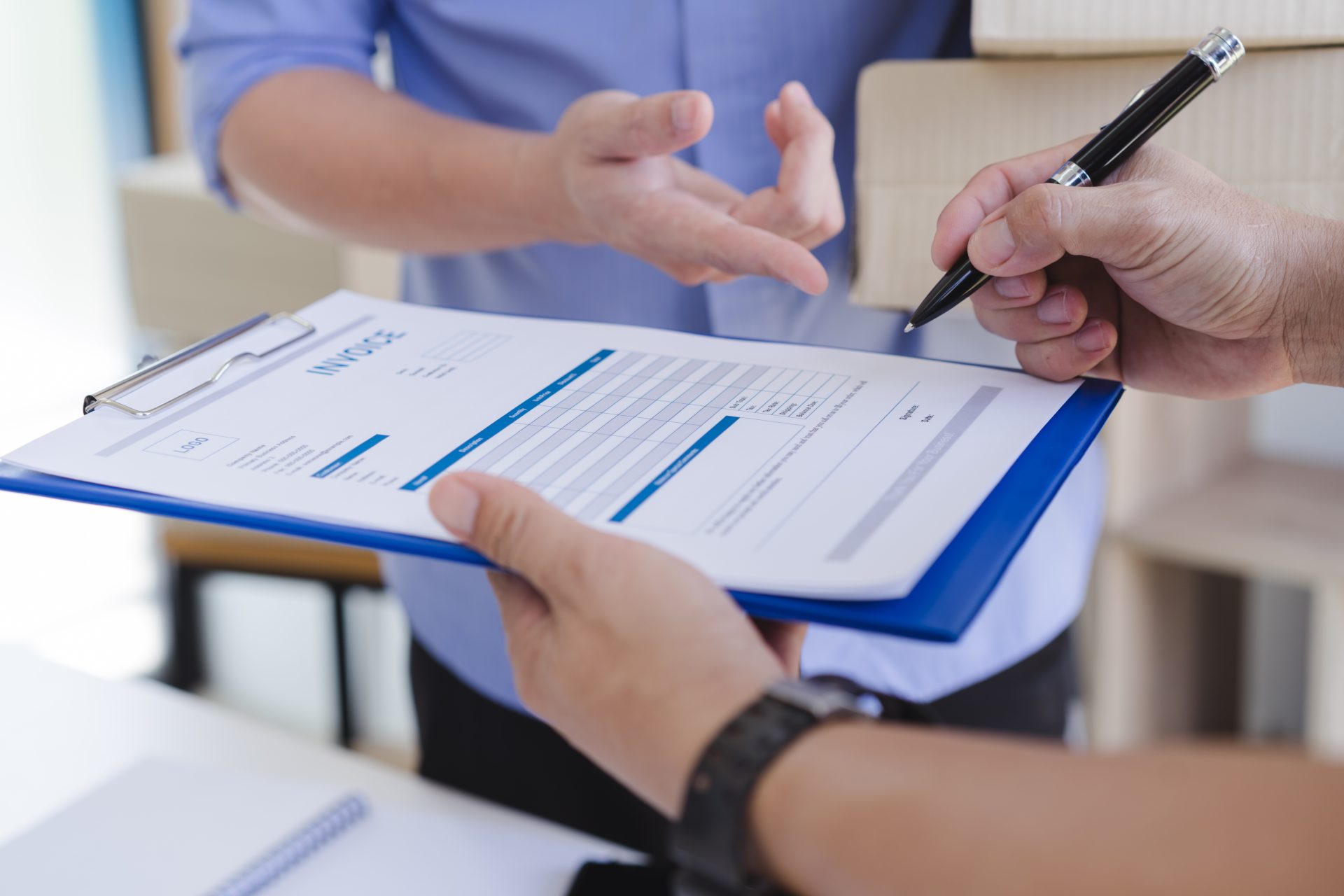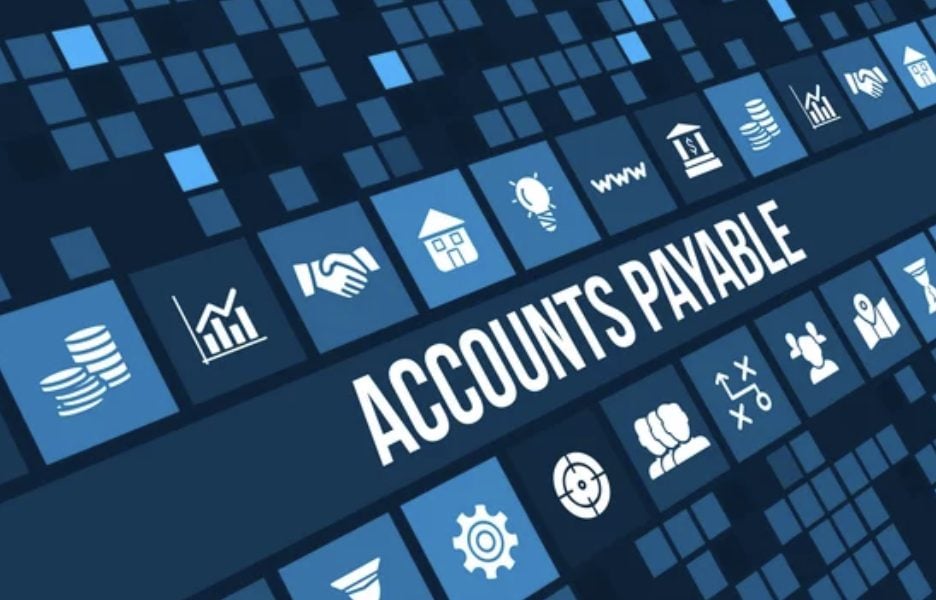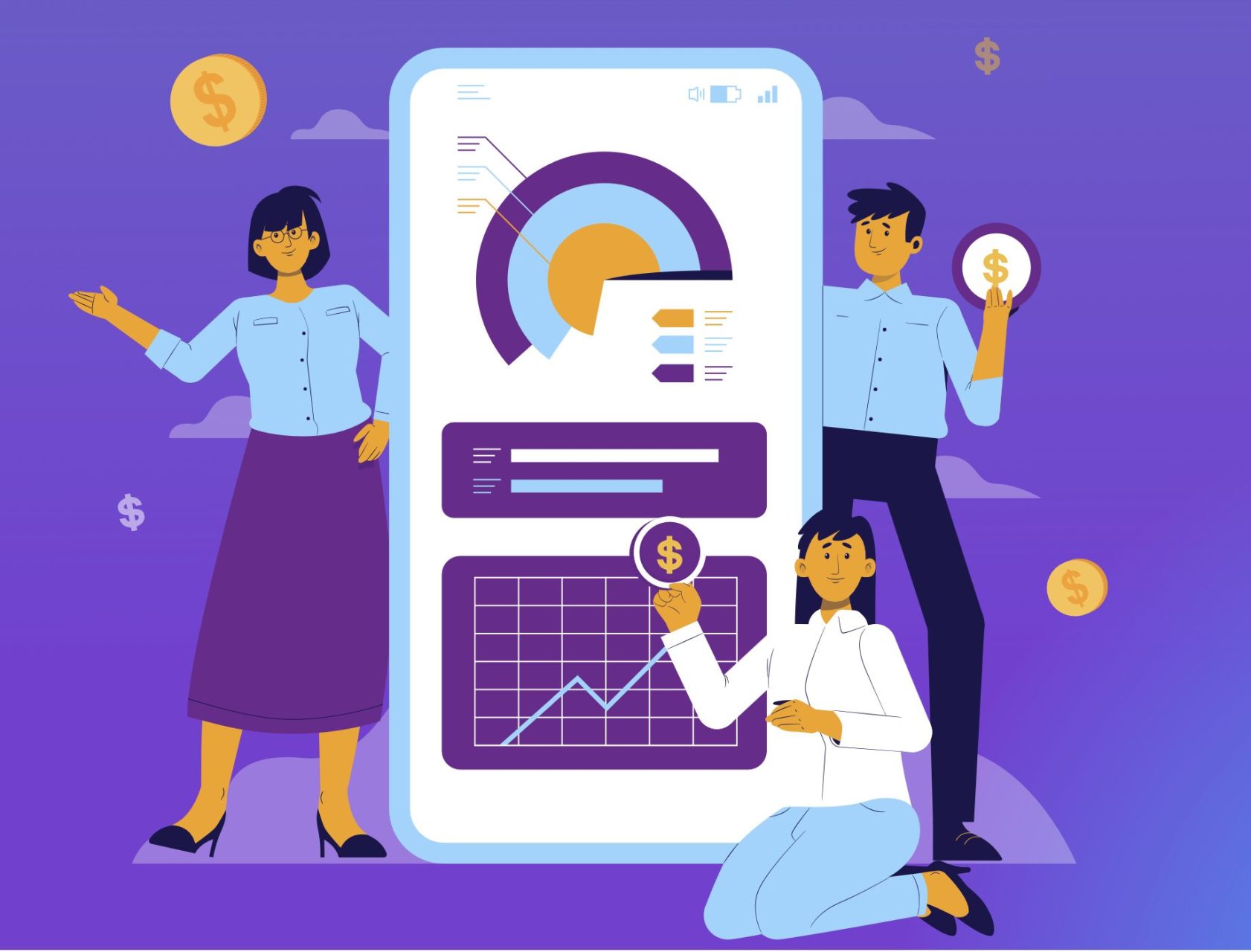Introduction
In today’s digital age, invoice scams have become increasingly prevalent and sophisticated. Fraudulent invoices are often sent via email, purporting to be from a legitimate supplier or vendor. These invoices may contain links or attachments that, when clicked, can install malware or steal sensitive information. To protect your business from these types of scams, it is important to be vigilant and to adopt best practices in accounts payable. In this article, we will discuss 5 common invoice scams to look out for and how to protect your business from them.
Common Scams
- Phishing Scams: Fraudulent invoices sent via email purport to be from a legitimate supplier or vendor. These invoices may contain links or attachments that, when clicked, can install malware or steal sensitive information. To protect yourself from phishing scams, be cautious of any invoice that you were not expecting and verify the authenticity of the invoice with the supplier or vendor.
- Double Invoicing: Double invoicing is a common scam in which an invoice is sent twice, either by accident or as part of a fraudulent scheme. To protect against double invoicing, it’s important to have a system in place that allows you to track and compare all invoices received and payments made.Fake Suppliers: Fraudsters may set up fake companies in order to steal money or sensitive information from unsuspecting victims. To protect yourself against this type of scam, always thoroughly research any new suppliers before transacting with them and ensure there are proper checks and balances in place when dealing with unfamiliar vendors.Duplicate Payments: Duplicate payments may occur when two payments are made for the same invoice due to human error or fraud. To prevent this, it’s important to have a system in place that accurately records all invoices and payments. This will help you identify any duplicate payments before they are processed.
- Overcharging: Overcharging is an invoice scam in which a vendor charges more than the agreed-upon amount for goods or services rendered. To protect yourself against this type of scam, make sure to review invoices carefully and compare them with the original quotation or agreement before approving payment.

- Invoice Redirection Scams: In this type of scam, fraudsters will intercept an invoice en route to the intended recipient and redirect the payment to their own account. It is important to verify the details of the invoice and the bank account to which payment is being made before making any payment.
- False Billing Scams: In this type of scam, fraudsters will create fake invoices for goods or services that were never ordered or received. It is important to verify all invoices and match them to purchase orders before making any payments.
- Supplier Impersonation Scams: In this type of scam, fraudsters will impersonate a legitimate supplier or vendor and request payment for goods or services that were never ordered or received. It is important to verify the authenticity of any invoice from a supplier or vendor before making any payments. This can be done by confirming the invoice with the supplier through a verified contact method such as a phone call or email from a company email address.
- Advanced Fee Scams: In this type of scam, fraudsters will request an advance payment for goods or services before delivery, often providing a false explanation for the advance payment such as taxes, import fees or custom clearance. Be cautious of any invoice that requests an advance payment and verify the authenticity of the invoice with the supplier or vendor. Always research the supplier and confirm that they are a legitimate business before making any advance payments.
In Summary
In conclusion, it is important to be vigilant and to adopt best practices in accounts payable to avoid falling victim to invoice scams. This includes verifying the authenticity of invoices, matching invoices to purchase orders, reviewing bank account details and verifying them with the supplier, and being cautious of any invoice that requests an advance payment
By being aware of these common invoice scams, you can better protect your business from fraudulent invoices and ensure that only legitimate vendors are paid on time. It’s also important to develop best practices in accounts payable such as having a system in place to track invoices, verifying the authenticity of invoices, and closely reviewing documents before approving payments. Doing so can help you safeguard your business against fraudulent activity and ensure that all payments are made accurately and on time. By staying informed and following best practices in accounts payable, you can protect your business from invoice scams and maintain a secure payment system.
P.S. If you need help avoiding invoice scams, we’re here to help! At EZ Cloud, we offer comprehensive accounts payable solutions designed to protect your business from fraudulent invoices and ensure that your financial transactions are secure. Contact us today for a free consultation to learn more about how our services can help you keep your finances safe!
It is worth noting that there is no one-size-fits-all solution when it comes to preventing invoice fraud — in addition to adopting best practices in accounts payable, businesses should be aware of the risks associated with online payments and take steps to safeguard their data and payment information. Investing in an automated accounts payable system can also go a long way in helping to prevent invoice fraud and streamlining the payment process. By staying informed, following best practices in accounts payable, and investing in secure solutions, you can protect your business from invoice scams and ensure that all payments are made accurately and on time.




